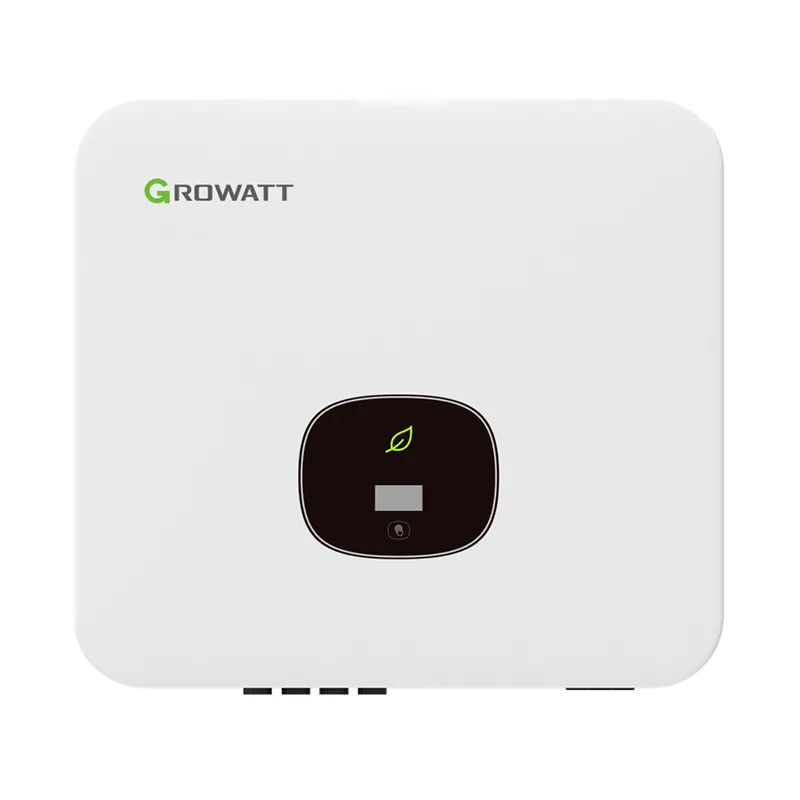Average Cost to Install Solar Panels
Understanding the Average Cost to Install Solar Panels
As more homeowners look to renewable energy solutions, the interest in solar panels has surged
. However, a common question arises What is the average cost to install solar panels? Understanding the costs involved in making this switch is crucial for planning and budgeting.On average, the cost to install solar panels in the United States ranges from $15,000 to $25,000 before any tax credits or incentives. The price can vary significantly based on a multitude of factors including location, the size of the solar system, the type of panels chosen, and the availability of incentives. For example, states with a higher solar insolation—like California, Texas, and Arizona—tend to have lower installation costs per watt due to increased efficiency and sunlight exposure.
One of the largest components of the total cost is the solar panel system itself, which usually accounts for around 50% of the overall expenditure. Photovoltaic (PV) panels, installation labor, and associated hardware such as inverters and mounting systems contribute significantly to this figure. Homeowners can expect to pay anywhere from $2.50 to $3.50 per watt for a residential solar system. This translates to a cost of approximately $15,000 for a 6 kW system, which is typical for an average home.
average cost to install solar panels

Beyond hardware and installation costs, it’s essential to consider additional charges for permits, inspections, and any necessary upgrades to electrical systems or roofing. These extra expenses can add several thousand dollars to the total price, depending on local regulations and the existing infrastructure of the home.
Fortunately, various financial incentives can help offset these costs. The federal solar tax credit, known as the Investment Tax Credit (ITC), allows homeowners to reduce their tax bill by 26% of the total installation cost. In addition, many states and local municipalities offer rebates, tax credits, and financing options that can further improve the affordability of solar installations.
It's also important to consider the long-term savings associated with solar energy. While the upfront cost can be significant, many homeowners find that their energy bills decrease substantially over the years, leading to considerable savings. Moreover, solar energy systems can increase home value and make properties more appealing to potential buyers.
In conclusion, while the average cost to install solar panels can seem daunting, various factors influence this investment. Understanding the specifics of your situation and leveraging available incentives can lead to a successful transition to solar energy, paving the way for both environmental benefits and financial savings in the long run. As with any significant investment, thorough research and planning are essential to make an informed decision.
-
String Solar Inverter: The High-Efficiency Solution for Smart Solar EnergyNewsJul.14,2025
-
Revolutionizing Rooftop Energy with the Power of the Micro Solar InverterNewsJul.14,2025
-
Power Independence with Smart Off Grid Solar Inverter SolutionsNewsJul.14,2025
-
On Grid Solar Inverter: Powering the Future with Smart Grid IntegrationNewsJul.14,2025
-
Monocrystalline Solar Panels: High-Efficiency Power for the Future of Clean EnergyNewsJul.14,2025
-
Bifacial Solar Panel: A Smarter Investment for Next-Generation Energy SystemsNewsJul.14,2025







